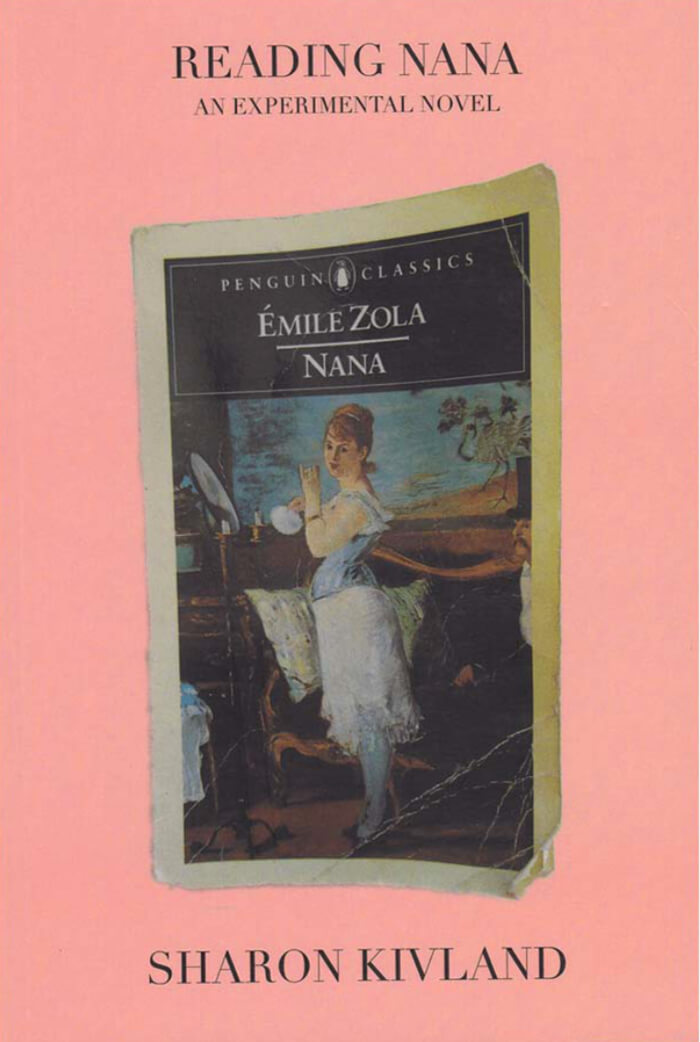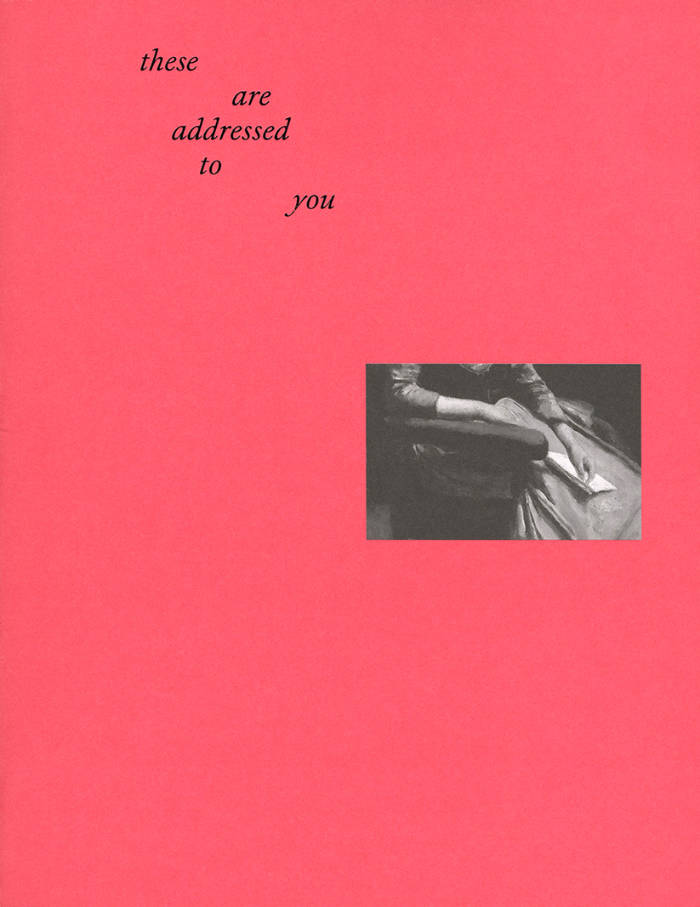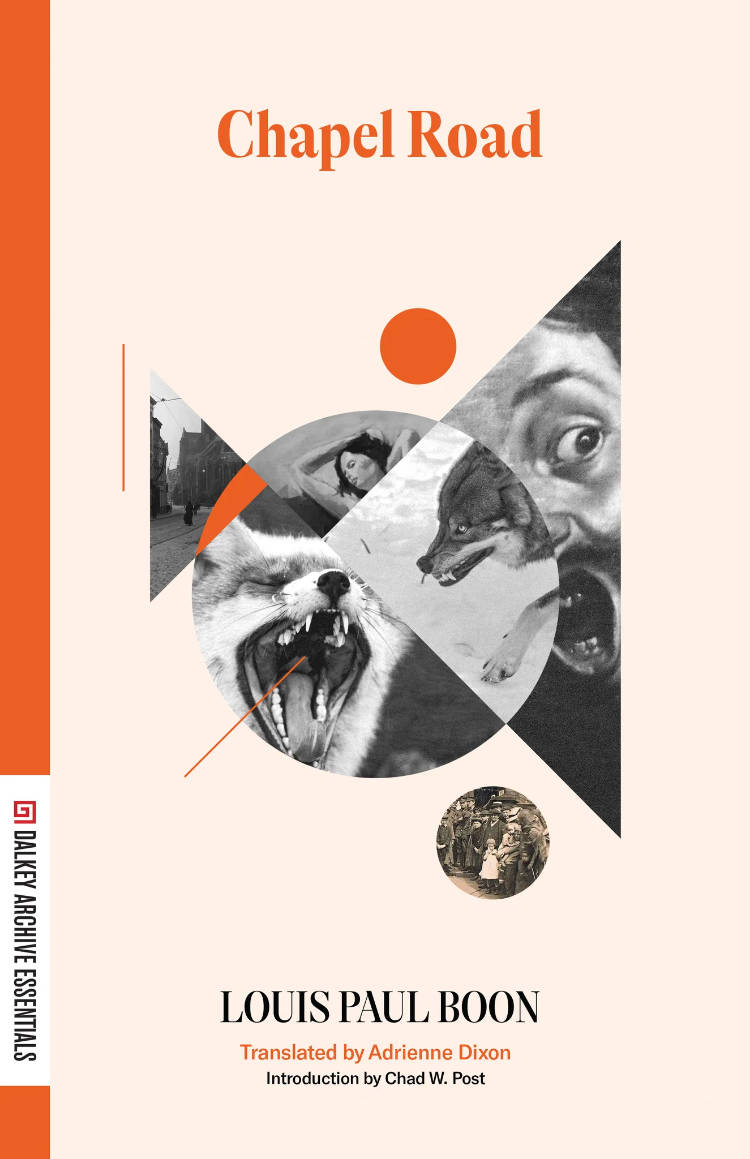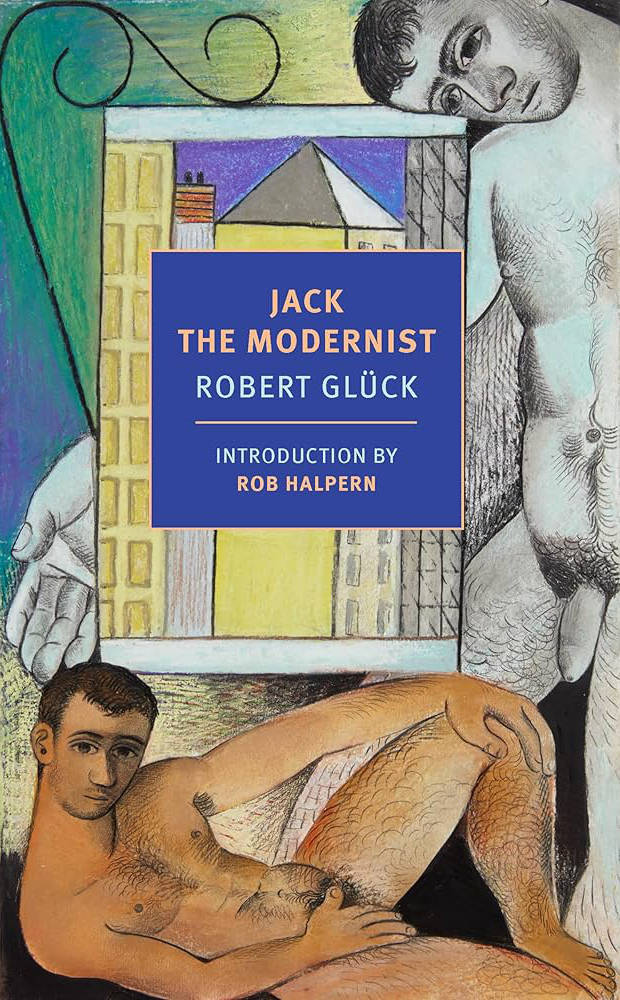
Reading Nana
Language: English

Language: English

The straplines of a number of advertisements drawn from magazines of the 1950s are turned into drawings, as though a particularly vain and narcissistic woman speaks (as of course she does), She is ‘en pleine forme’ of her beauty. (2016).

A collection of twenty-six abécédaire missives by Sharon Kivland, written and sent daily to the editors (MS & AWL) between Friday 7 February and Tuesday 4 March 2025. Interjected with melancholic ‘Mes horizons’ postcard erasures and an insert of abcedminded replies by Matthew Stuart titled ‘A Letter Always Suggests a Word’, this publication is both a standalone edition and precursor to BFTK#8, which focuses on letters (alphabets) and letters (correspondence).
‘These are Addressed to You’ addresses what it means to be addressed and to address, to write with love and scorn, to seal with a kiss and conceal impressions and hair within a letter’s folds, to inscribe with ink and thread, to speak with and to those we admire. Drawing on / from Freud and Lacan, Joyce and Carringdon, Camille Corot and many more, these letters are about writing and reading, about language falling and bumping you on the head.

“I wrote (more or less, for promises are always hard to keep, even those made to oneself ) for five days a week for a year. I wrote no more than a page, or rather, I wrote only for the length of the analytic hour, fifty minutes (though I also practiced the variable session at times)… I followed Freud’s model of train travel for his theory of free association, acting ‘as though, for instance, [you were] a traveller sitting next to the window of a railway carriage and describing to someone inside the carriage the changing views which [you] see outside’. As for my characters, many of their names begin with A. Some of these women exist or existed, others are from fiction, or write fiction. Some are friends or acquaintances. None are credited but a keen reader could recognise many of them. I invented nothing. I am the aleph.”

Louis Paul Boon, Adrienne Dixon
A meta-textual matryoshka doll of a novel from a renowned voice in Flemish literature.
The twisting narrative of Louis Paul Boon's 1953 masterpiece follows a young girl named Ondine and her brother Valeer, born into poverty at the turn of the century in the industrial city of Aalst, Belgium. Ondine's coming of age is interwoven with a reworking of the medieval fable of Reynard the Fox, as well as a metanarrative in which an author named Louis Paul Boon and his colorful group of friends discuss the writing of a novel named Chapel Road, debating how best to present Ondine's story.
Groundbreaking among post-war Dutch literature for its postmodern structure and irreverent, dialect-studded use of language, Boon's allegory of the rise and fall of socialism in Flanders presents his theory of the novel as a type of "illegal writing" where digressions are far more important than a carefully constructed plot.
Introduction by Chad W. Post
Louis Paul Boon (1912-1979) started out as a house painter but went on to become the author of a large and rich oeuvre spanning several genres: from the compelling historical epics he composed later in life to his sharp, witty work as a newspaper columnist and his tongue-in-cheek, scabrous novels. Boon is one of the most important writers of Flemish literature in the twentieth century, a keen observer of society, the individual and the interplay between them.
Adrienne Dixon is a translator of Dutch and Flemish literature.
Chad W. Post is the founder and publisher of Open Letter Books. He is also the editorial director of Dalkey Archive Press, where he was formerly the associate director. Over the course of his career, he founded the Translation Database, the Best Translated Book Awards, multiple literary podcasts (Two Month Review, Three Percent), the Three Percent website, and currently writes two newsletters: The Three Percent Problem, and Mining the Dalkey Archive. He is also the author of The Three Percent Problem: Rants and Responses on Publishing, Translation, and the Future of Reading. His articles and book reviews have appeared in a range of publications. In 2018 he received the Words Without Borders Ottaway Award for the Promotion of International Literature.

A classic of postmodern fiction, Robert Glück’s Jack the Modernist portrays the slow disintegration of a love affair set in the early 1980s. Bob is excited and lonely. He meets and pursues the elusive Jack, a director who is able to transform others without altering himself. Bob goes to the baths, gossips on the phone, goes to a bar, thinks about werewolves, has an orgasm, and discovers a number of truths about Jack. Out of print for decades, Glück’s paean to desire and obsession explores the everyday in an idiom both intimate and lush. Sensual as well as sensational, self-conscious, but never self-serious, Jack the Modernist is a candid and heartfelt lover’s discourse unlike any other.

Sphinx is the remarkable debut novel, originally published in 1986, by the incredibly talented and inventive French author Anne Garréta, one of the few female members of Oulipo, the influential and exclusive French experimental literary group whose mission is to create literature based on mathematical and linguistic restraints, and whose ranks include Georges Perec and Italo Calvino, among others.
A beautiful and complex love story between two characters, the narrator, "I," and their lover, A***, written without using any gender markers to refer to the main characters, Sphinx is a remarkable linguistic feat and paragon of experimental literature that has never been accomplished before or since in the strictly-gendered French language.
Sphinx is a landmark text in the feminist and LGBT literary canon appearing in English for the first time.
Anne Garréta (b. 1962) is a lecturer at the University of Rennes II and research professor of literature and Romance studies at Duke University. She joined the Oulipo in 2000, becoming the first member to join born after the Oulipo was founded. Garréta won France's prestigious Prix Médicis in 2002, awarded each year to an author whose "fame does not yet match their talent," for her novel Pas un jour.
Emma Ramadan is a graduate of Brown University and received her master's in literary translation from the American University of Paris. Her translation of Anne Parian's Monospace is forthcoming from La Presse. She is currently on a Fulbright Fellowship for literary translation in Morocco.

The latest in writer and visual artist Renee Gladman's ever-expanding body of imaginative investigation is a sui generis novel of queerness and art-making, philosophy and sex.
The narrator of My Lesbian Novel is Renee Gladman, an artist and writer who has produced the same acclaimed body of experimental art and prose as real-life Renee Gladman, and who is now being interviewed by an unnamed interlocutor about a project in process, a seeming departure from her other works, a lesbian romance.
Between reflections on art making and on the genre of lesbian romance - "though aspects of the formula drive me crazy... people who write these stories understand how beautiful women are" - a romance novel of her own takes shape on the page, written alongside the interview, which sometimes skips whole years between questions, so that time and aging become part of the process.
The result is a beautifully orchestrated dialogue between reflection and desire, or clarity and confusion, between the pleasures of form and the pleasures of freedom in the unspooling of sentences over time.
Renee Gladman is a writer and artist preoccupied with crossings, thresholds, and geographies as they play out at the intersections of poetry, prose, drawing, and architecture. She is the author of fourteen published works, including a cycle of novels about the city-state Ravicka and its inhabitants, the Ravickians, all published by Dorothy— Event Factory, The Ravickians, Ana Patova Crosses a Bridge, and Houses of Ravicka. She has been awarded fellowships, artist grants, and residencies from the Radcliffe Institute for Advanced Study at Harvard, Foundation for Contemporary Arts, the Lannan Foundation, and KW Institute for Contemporary Art (Berlin), and was a 2021 Windham-Campbell Prize winner in fiction. She makes her home in New England with poet-ceremonialist Danielle Vogel.

Pati Hill's cult novel, available for the first time since 1976.
Impossible Dreams was Pati Hill's last published novel, released in 1976 after it was partially published two years earlier in the Carolina Quarterly under the title "An Angry French Housewife." Hill tells the story of Geneviève, a middle-aged woman whose life is turned upside down when she unexpectedly falls in love with her neighbor, Dolly. Mixing anecdotes with existential thoughts, the novel describes the gradual disruption of the heroine's daily life. Almost every chapter (the length of which varies from a single sentence to no more than three pages) is accompanied by a xerograph of a photograph, selected by Hill with permission from its maker. The resulting combination of text and image constitutes her most ambitious attempt to produce a work in which "the two elements fuse to become something other than either."
This novel is also one of the most incisive examples of Hill's writing—dry and impartial, yet managing to capture the contradictory feelings of her characters. In a letter addressed to the photographer Eva Rubinstein asking for reproduction rights, she writes: "My book is about a woman with a little girl and a husband who falls in love with a woman and a little girl and a husband and loses them all, just like in your mirror. It doesn't sound very cheerful but it is mainly funny."
Daisy, an independent publishing house, releases a facsimile of the out-of-print work that, after almost 50 years since its initial publication, has become a coveted collector's item.
"Impossible Dreams charmed me with its droll and irreverent tone when it was first published. Hill's use of embedded photographs was unexpected and transgressive for its me. Brilliant!"
Anne Turyn, photographer, educator and founding editor, Top Stories
Pati Hill (1921, Ashland, Kentucky – 2014, Sens, France) left behind a litterary and artistic output spanning roughly 60 years . After a short but dazzling career as a model, between 1951 and 1962 she wrote a dozen short stories—several of which were published in George Plimpton's prestigious literary journal, The Paris Review—and five books which earned her real critical recognition. Hill published One Thing I Know in 1962 after giving birth to her first and only daughter. She was then forty-one years old, and would later claim to have decided at that time to "stop writing in favour of housekeeping.''
Edited by Ana Baliza and Baptiste Pinteaux.